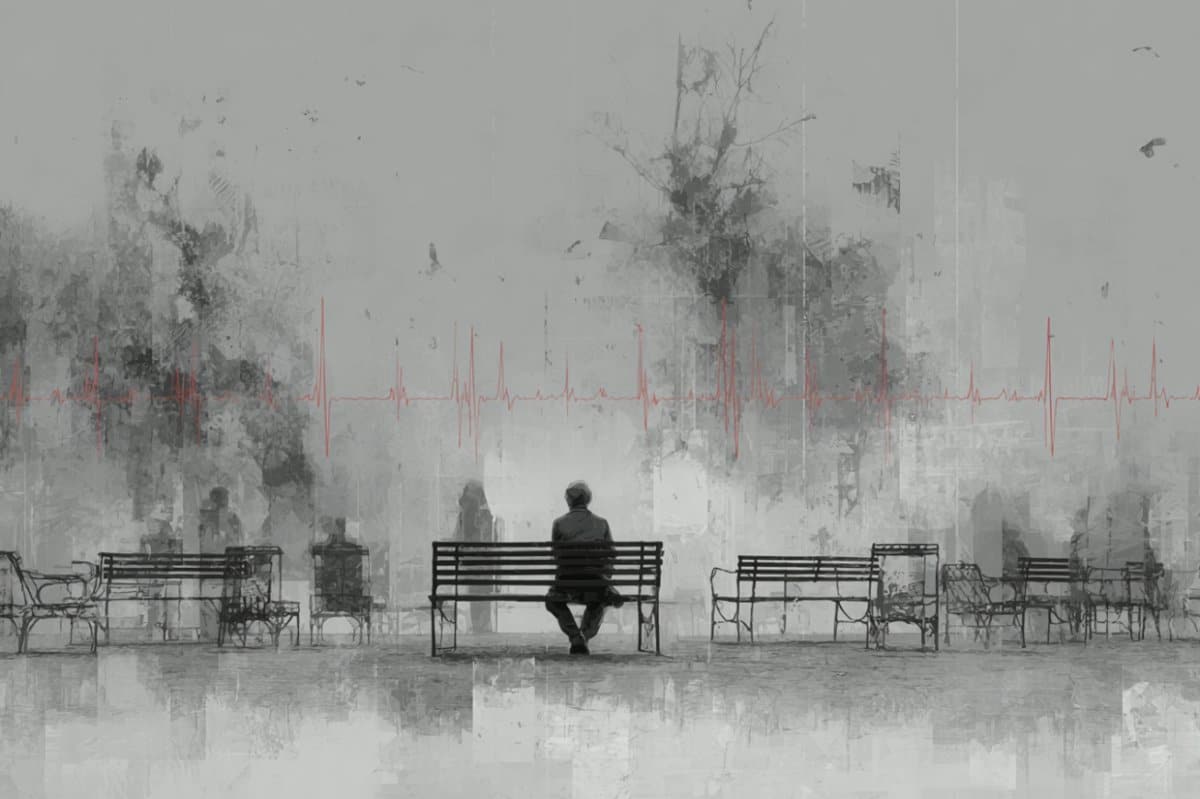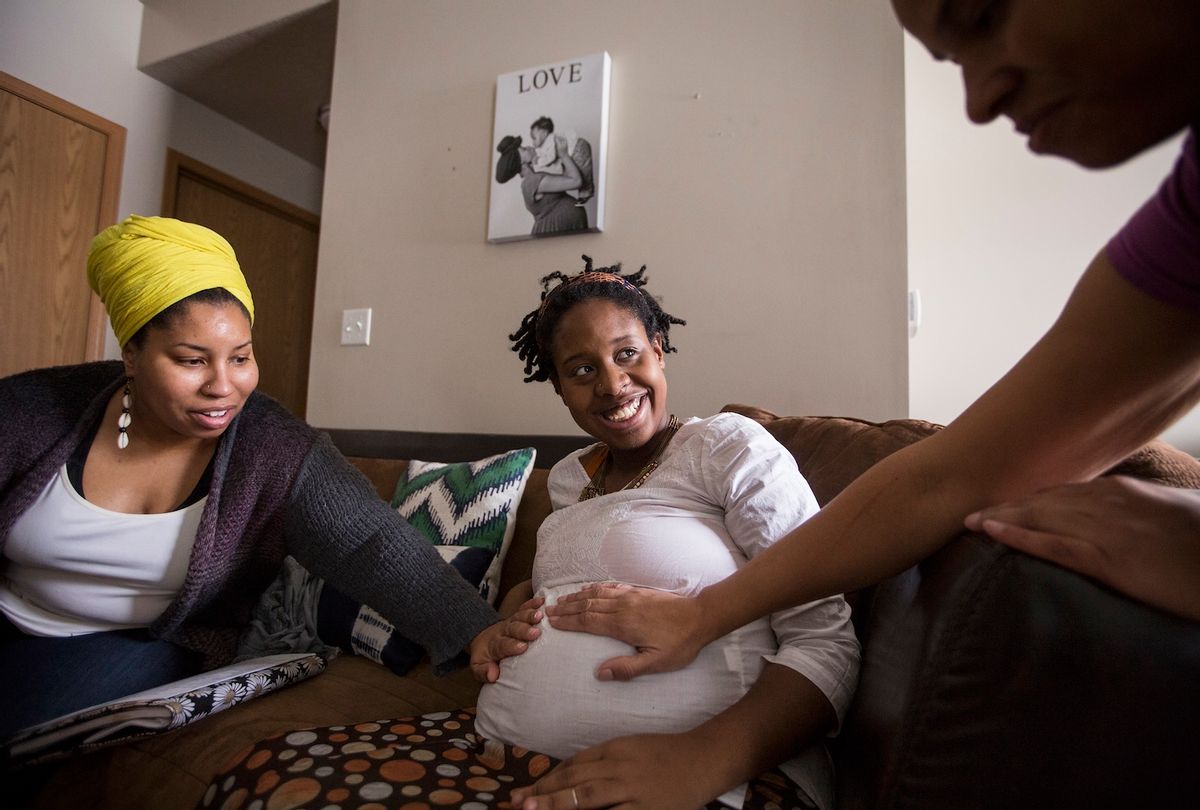T4K3.news
Intense grief raises risk of death within ten years
A new Danish study finds those in deep mourning face nearly double the mortality risk.

Scientists reveal that deep mourning significantly increases the chances of dying early.
Intense grief linked to higher risk of mortality within a decade
People who experience intense grief after the loss of a loved one face nearly double the risk of dying within ten years, according to a new study from Denmark. The research indicated that individuals exhibiting high levels of persistent grief utilize healthcare services more often and have a heightened mortality rate. This study followed 1,735 bereaved participants, revealing that those on a high grief trajectory had an 88% increased hazard rate of death compared to those with low grief levels. The findings underline the importance of recognizing these patterns early for potential psychological intervention.
Key Takeaways
"This is the first study to investigate the long-term use of healthcare and patterns of mortality after bereavement."
Dr Mette Kjærgaard Nielsen highlights the study's groundbreaking nature in understanding grief and mortality.
"The association with mortality should be further investigated."
Dr Nielsen stresses the need for more research on how grief affects long-term health outcomes.
"Those patients were prescribed psychotropic medication more often even before their loss."
Dr Nielsen points out a concerning pattern among individuals at heightened risk for severe grief.
"The 'high grief' group had lower education on average, indicating a link to mental vulnerability."
This observation underscores socio-economic factors that may influence grief responses.
The implications of this research are profound. It highlights the critical need for healthcare providers to identify individuals at risk of severe grief responses. Given that those processing intense grief experience a surge in healthcare utilization, targeted support could mitigate long-term health impacts. Moreover, the association between intense grief and physical health outcomes points to the necessity for comprehensive mental health strategies that encompass both emotional support and physical health care management. Ultimately, this study calls for a proactive approach in anticipating and addressing grief-related health issues.
Highlights
- Grief can shape our health in unseen ways.
- Mental vulnerability may worsen grief effects.
- Intense mourning is as serious as a terminal illness.
- Early intervention could save lives in grieving patients.
High grief levels raise serious mortality concerns
Intense grief significantly increases the risk of early death, making mental health support essential for bereaved individuals. Without adequate intervention, the long-term health impacts of grief could lead to substantial healthcare costs and increased mortality rates.
As grief continues to be misunderstood, better support systems are crucial for the bereaved.
Enjoyed this? Let your friends know!
Related News

Study Links Grief to Higher Mortality Rates

Study reveals grief can lead to early death

Study shows grief can increase death risk

New study shows grief can lead to increased mortality

Danish study links grief to higher risk of early death

New heart age calculator launched to improve cardiovascular health awareness

UK mother dies from rabies after puppy scratch

Proposed Medicaid cuts may endanger maternal health
